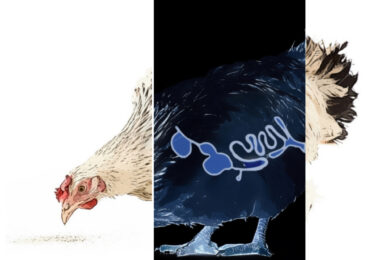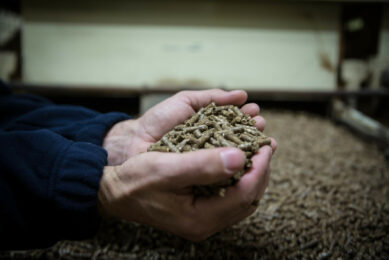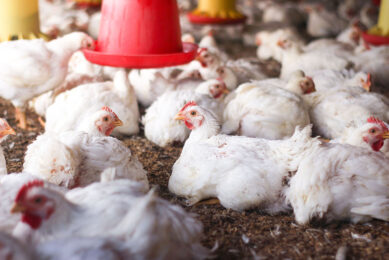Canada: Salmonella in 13% of feed despite zero tolerance

A CBC News team carried out an investigation into salmonella in animal feed and found that 2 out of 12 bags of animal feed were contaminated despite Canada’s zero tolerance policy. The Canadian Food Inspection Agency (CFIA) said they take any detection very seriously, but confirmed that it finds salomella in 13% of the feed it routinely tests.
They purchased 12 bags for animal feed from retailers around Winnipeg which were then tested.
Rick Holley, a food science professor at the University of Manitoba said, “We can’t possibly hope to reduce the frequency to which these animals that we use as food shed salmonella with the hope that [our food] will not be contaminated unless we stop feeding [salmonella] to our animals.” He said that animals contaminated with salmonella produce contaminated manure, which farmers then spread on fields as fertilizer and that there is a link between salmonella contamination in animal feed and contamination in meat, fruits, vegetables, and nuts.
According to the Public Health Agency of Canada, there are about 6,700 cases of salmonella-related illness reported each year in Canada resulting in 800 hospitalizations and three to five deaths.
Melissa Dumont, director of technical services for the Animal Nutrition Association of Canada (ANAC), said salmonella is “everywhere in the environment…it’s very hard to control, so there’s a possibility that we can find salmonella in [animal] feed.” When asked about the link between salmonella in feed and human illness, Dumont said she is not convinced.
In 2010, the US Food and Drug Administration (FDA) enforced a zero-tolerance policy for salmonella in animal feed leading which lead to an import alert against four Canadian canola processors after several shipments of canola meal tested positive for salmonella. For more than a year, the FDA effectively shut the U.S.-Canadian border to canola meal from Bunge, Viterra, ADM and Cargill plants in Alberta, Saskatchewan, Manitoba and Ontario. But in late 2010 and early 2011, the import alert was lifted after stakeholders petitioned the FDA to relax the way the regulator deals with salmonella in feed.
According to Robert Broeska, president of the Canadian Oilseed Processors Association, only eight of more than 2,500 strains of salmonella are currently banned from animal feed entering the US to narrow their import restrictions. These eight strains were singled out for causing sickness in animals.
When asked if salmonella in canola meal could put people at risk, Robert said, “Canola meal is used for a protein ingredient in livestock feed. So it is really the concern of the feed industry as well as the crushing industry.”
Some European countries take the threat of salmonella in the food chain much more seriously than Canada does. Ola Magnus Loemo, a spokesperson for Norway’s Ministry of Agriculture and Food, says Scandinavian countries have established strong national [salmonella] surveillance-regimes in the mid-1990s and fought to implement tight controls on salmonella while negotiating European Union treaties. As a result, salmonella outbreaks are very rare in Norway, and “the majority of those cases [almost all] could be traced to contamination abroad.”
Holley said he would like to see Canada take similar steps, and he sees cleaning up our act when it comes to feed as being part of that.











